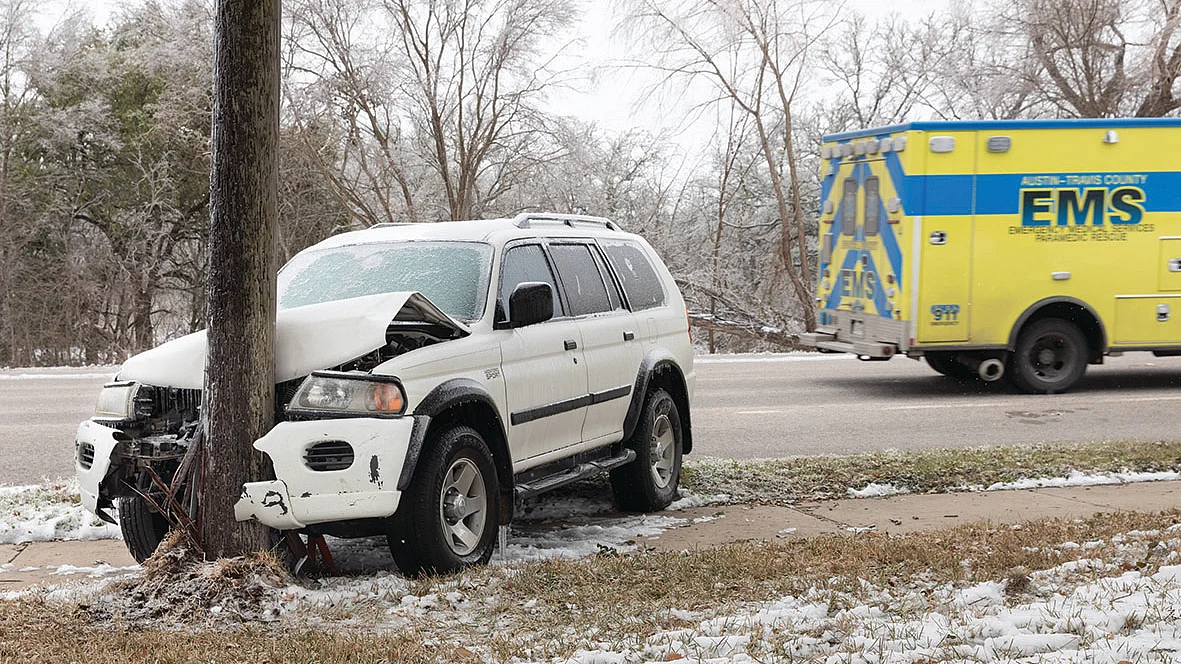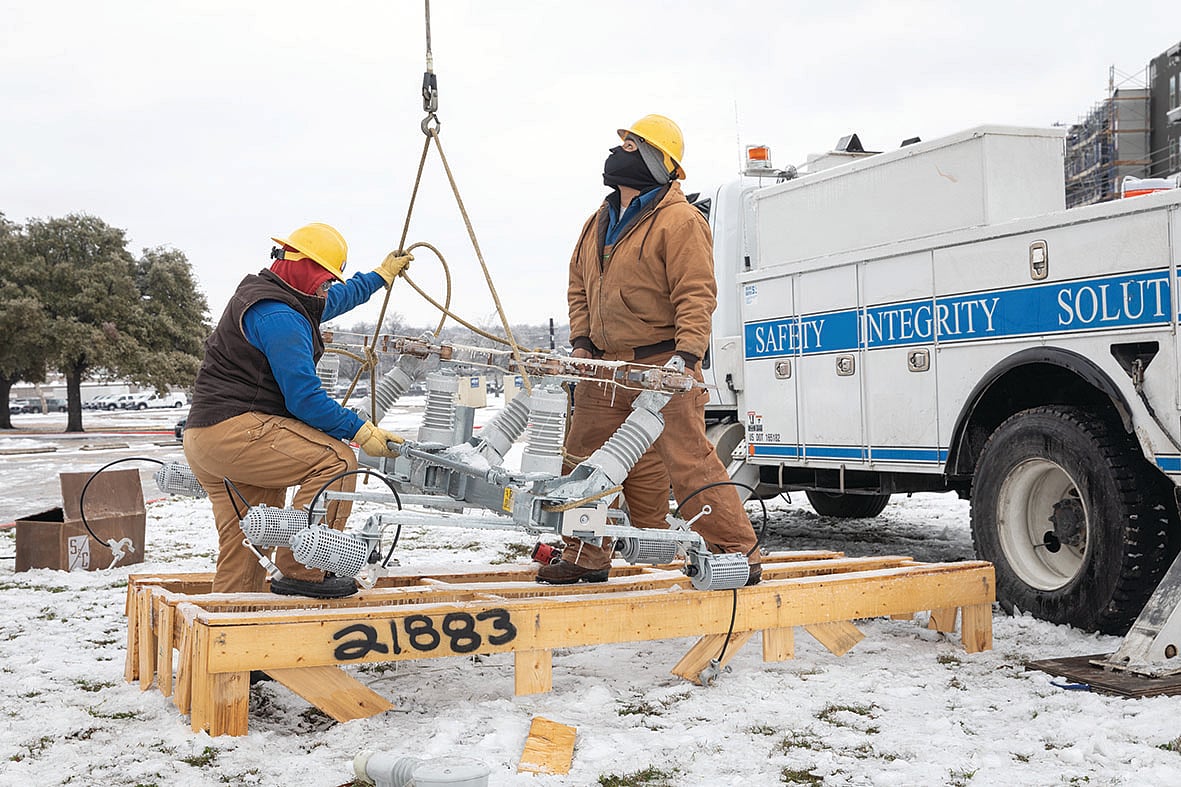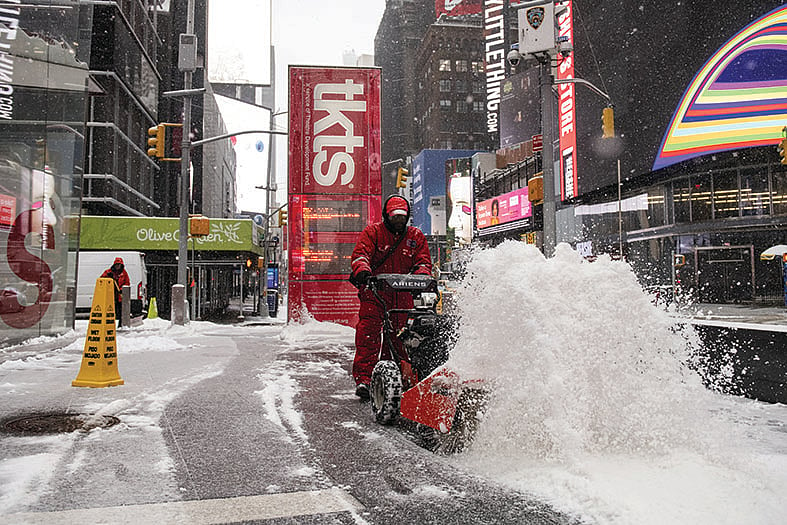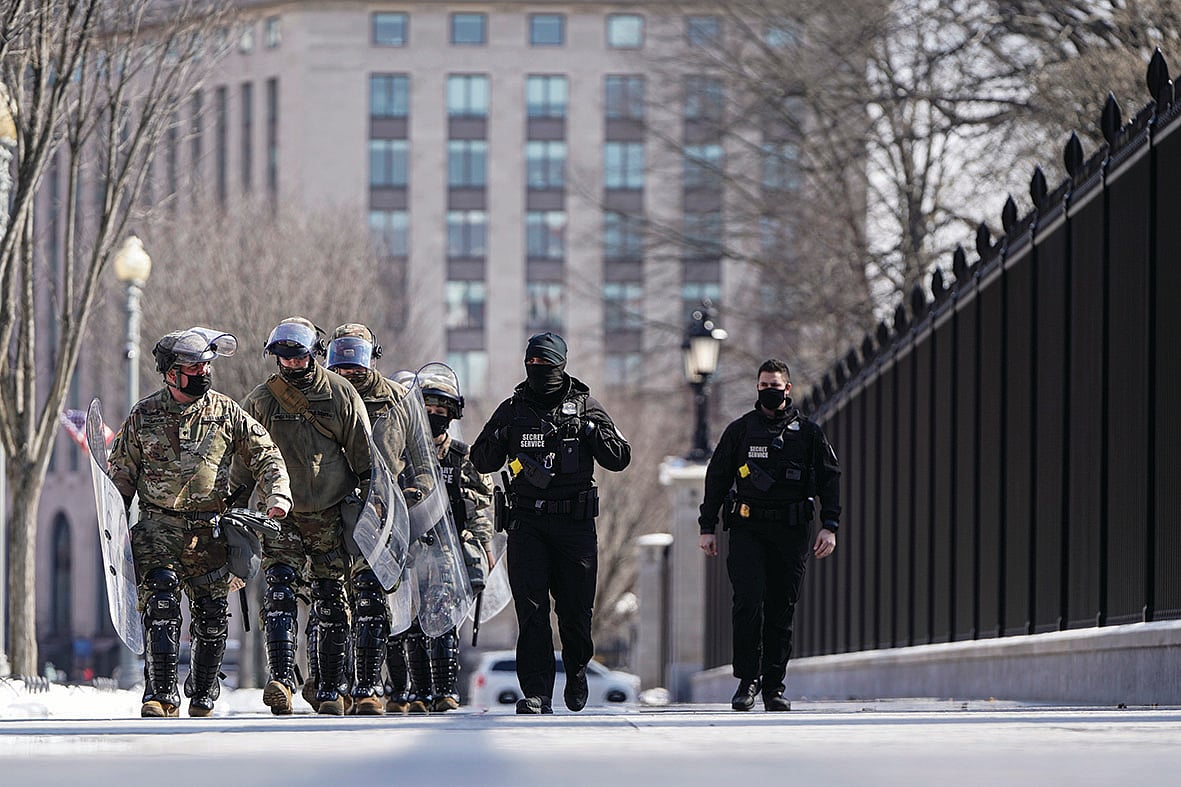Storm Uri leaves a plethora of tragic stories in its wake
An 11-year-old boy died while sleeping in his mobile home, a 60-year-old person froze to death and a family of 4 died of carbon monoxide while running the car in their garage to keep themselves warm

Life is getting back to the normal after a devastating winter storm pummeled Texas, a state known for its temperate climate. Temperatures dropped to subzero levels never recorded before in the state history causing power outages, water supply disruptions, burst pipes and collapsed roofs under the weight of ice and snow.
The Arctic blast bringing freezing air from the North Pole started out at the Pacific Northwest and quickly moved into the southern United States. Named as Winter Storm Uri, it caused widespread damage across the United States, northern Mexico and parts of Canada.
Tragic stories have now emerged from last week’s storm which caused 27 deaths in Texas and 31 more in neighboring states, mostly from hypothermia. An 11-year-old boy died while sleeping in his mobile home, a 60-year-old person froze to death while sitting in his recliner, and a family of four died of carbon monoxide while running the car in their garage to keep themselves warm. An 84-year-old grandmother died of hypothermia in her apartment in Houston and the family found that robbers had broken in and taken her belongings.

Burst pipes and damaged roofs flooded homes, destroyed belongings and added misery to residents.
Millions of people lost power as wind turbines froze in the state known for production of wind energy. More devastation was caused by oil and gas power plans as wellheads froze halting production. Even nuclear power plants were not spared where turbines were not fully winterized. Freezing cold spurred demand and added pressure to power grid already suffering from shortages. Electricity prices rose from around $50 per mwh to nearly $9,000 per mwh, devastating consumers with “variable indexed” rates.
Power outages disrupted mobile phone and internet services making it difficult for people to communicate with each other. “I would rather have internet than water,” grumbled a distraught neighbour in posting his predicament in the neighborhood network group.

Power and running water have now been restored to most of homes. But hundreds of municipal urban districts are still under boil water notices as water treatment plants are struggling to restore normal operations after losing power.
Several people lost all their belongings due to flooded homes. Monica Ware, a mother of four, was quoted as saying on KTRK channel: "We used everything we had on (a) hotel this week." She said: "After this, it's like, where are we going to go?"
Relief measures are being taken to alleviate the suffering of the worst affected.
President Joe Biden has signed a disaster declaration to facilitate federal aid to Texas. The declaration covers 77 counties of the state, including hard-hit Harris County where Houston is located.

Texas Governor Greg Abbott has announced urgent relief measures. Houston Mayor Sylvester Turner said late last week that the City was trying to put together a fund to assist people.
"For many people in our city with means, with insurance, this week has been a significant inconvenience, but they have the means and ability to quickly transition and move forward," Turner said. "For many people in our city who are already on the margins ... and were fighting every day just to keep a roof over their head and food in their refrigerator, this past week has been a major, major event and has really disrupted their lives."
He said: "For many of these individuals, many of these families, they will be in crisis mode for weeks and months to come."
Governor Abbott held a meeting with state lawmakers on Saturday to discuss electricity prices and other issues. Much of the blame is focused on ERCOT, the Electric Reliability Council of Texas, which operates the state’s stand-alone electric grid not linked to other states. In a deregulated market, it supplies power to about 26 million customers, some 90 percent of the total grid load.
ERCOT is a membership-based nonprofit corporation, governed by a board of directors and subject to oversight by the Public Utility Commission of Texas and the Texas Legislature. ERCOT is also accused of not taking adequate measures to prepare for the disaster despite early warnings of the winter storm.
An ERCOT board meeting on February 9 discussed the impending storm and the preparations only for 40 seconds while the meeting lasted for 2 hours 28 minutes.
But ERCOT officials defended the agency saying the power system in the state was not ready for low temperatures which dipped to minus 19 degrees Celsius in some places.
“Nuclear units, gas units, wind turbines, even solar, in different ways — the very cold weather and snow has impacted every type of generator,” ERCOT Director Dan Woodfin has been quoted as saying.
Observers are expecting changes in the state’s power system after the investigations into the current disaster is completed. Governor Abbott, while blasting ERCOT for its handling of the storm, has called upon the state legislature, to update regulations governing power plants, including complete winterization. He also asked the lawmakers to provide funding to power companies in order to meet these huge investments.
Follow us on: Facebook, Twitter, Google News, Instagram
Join our official telegram channel (@nationalherald) and stay updated with the latest headlines
